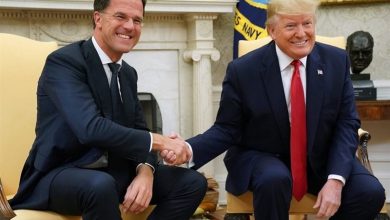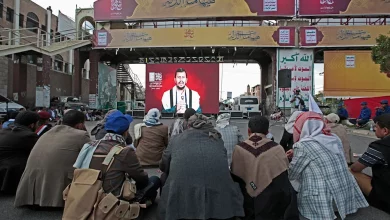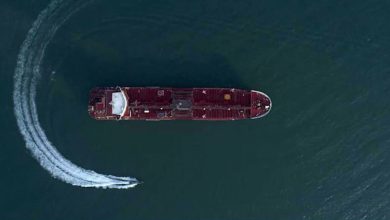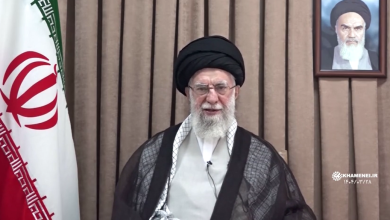Palestinian shot dead in Tel Aviv in retaliatory attack; resistance lauds ‘heroic’ act

A Palestinian youth has been fatally shot after a car-ramming and stabbing attack in central Tel Aviv, with resistance groups praising the retaliatory attack as a “heroic” act against the Israeli regime’s ongoing aggression against the occupied West Bank city of Jenin.
Palestine’s Shehab news agency said the Palestinian was identified as Abdel Wahhab Khalaila, a 23-year-old man from the town of Samu’, south of al-Khalil, in the occupied West Bank.
Shehab said Khalaila’s car went off course and ran into a bus station near a shopping center in Tel Aviv on Tuesday afternoon. The Palestinian youth then got out of the car and started a stabbing attack before he was shot and wounded.
Video footage shared by Palestine’s official Wafa news agency showed an armed Israeli settler shooting Khalaila while he was wounded on the ground several times from a very short distance until he was dead.
Israeli media said seven people were injured in the car-ramming and stabbing attack in Tel Aviv, some of them critically.







